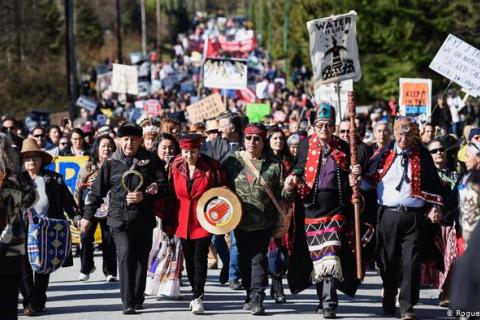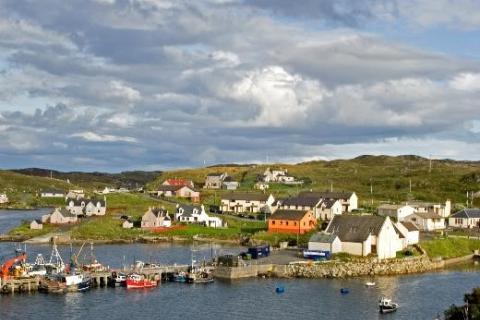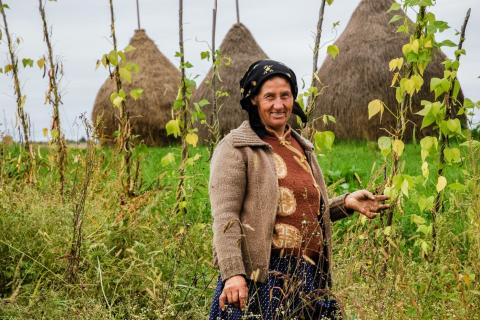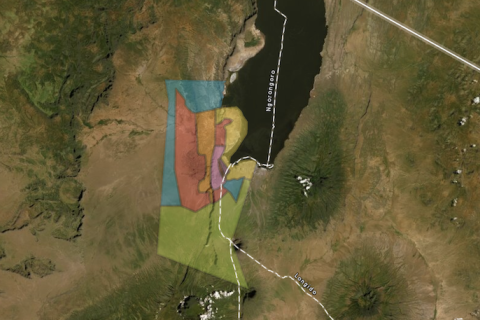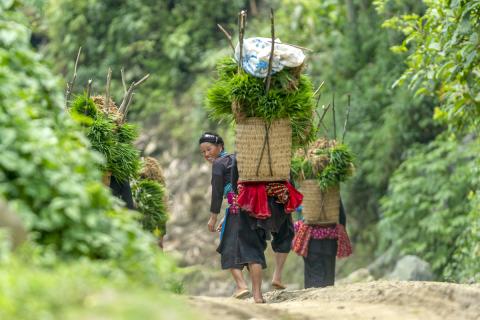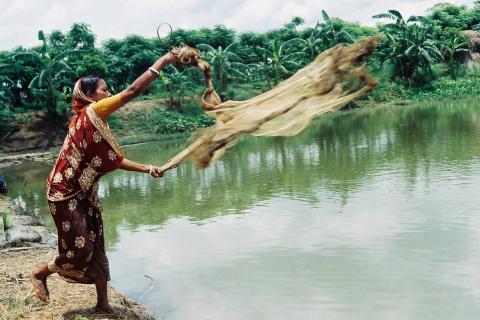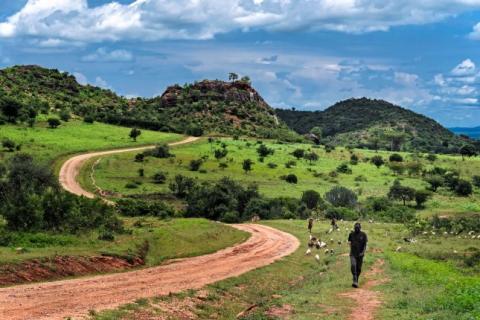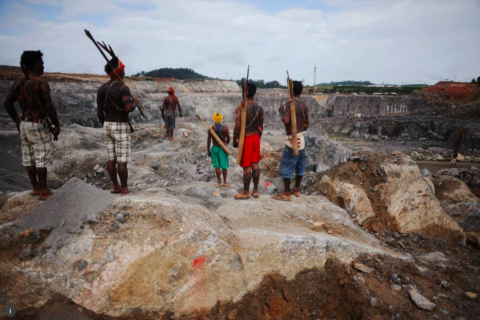The Politics of Crisis Framing (Part 2)
This roundtable session considered how the ‘practice’ of crisis signals an abrupt temporal ‘rupture’ and how this makes it possible to obscure underlying structures of power, particularly in the context of the relation between land and climate. In particular, it focused asked participants to focus on two questions: 1) within your research, how do you see the politics of crisis framing at work and 2) How might a frame of crisis contribute to reinforcing uneven /exploitative relations.
Key Takeaways

